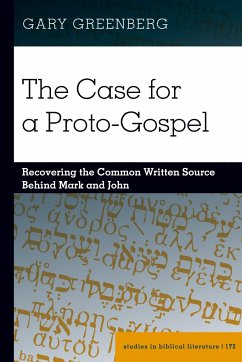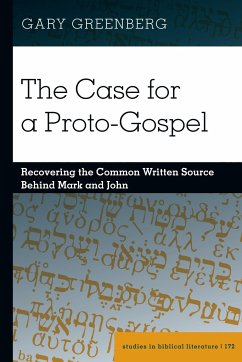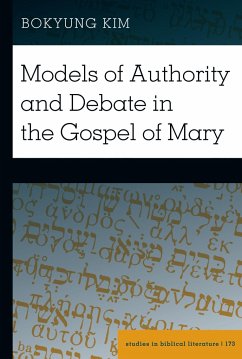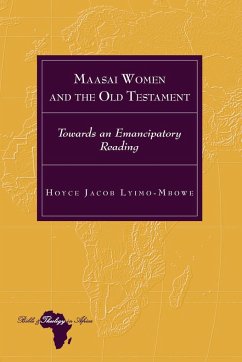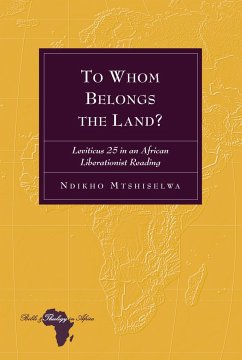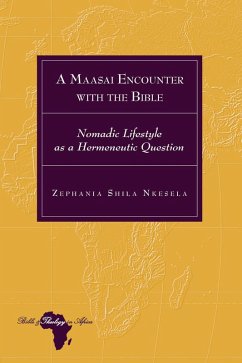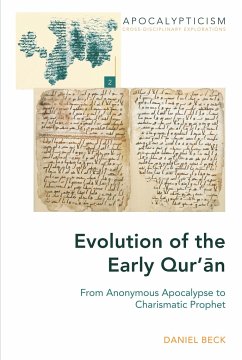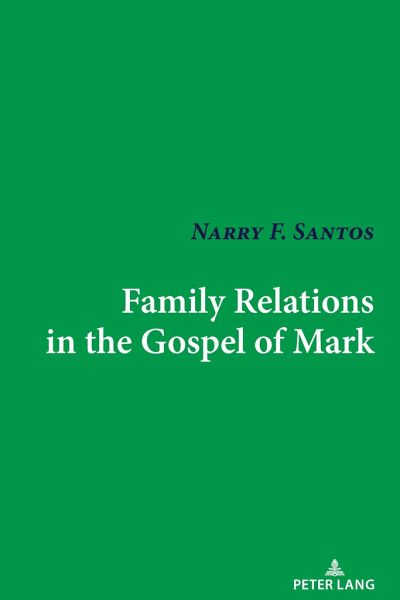
Family Relations in the Gospel of Mark
Versandkostenfrei!
Versandfertig in 6-10 Tagen
99,15 €
inkl. MwSt.
Weitere Ausgaben:

PAYBACK Punkte
0 °P sammeln!
The social values of honor and shame, which have attracted much research from cultural anthropology and New Testament studies for the past five decades, is the main focus of the book. This book proposes the need to combine major contributions of narrative, rhetorical, and cultural anthropological approaches to trace the development of the twofold honor-shame concept throughout the Marcan narrative-with special attention to family relations. Though adequate social-scientific and socio-rhetorical studies in Mark's Gospel (even in relation to honor and shame) have been conducted, there are still ...
The social values of honor and shame, which have attracted much research from cultural anthropology and New Testament studies for the past five decades, is the main focus of the book. This book proposes the need to combine major contributions of narrative, rhetorical, and cultural anthropological approaches to trace the development of the twofold honor-shame concept throughout the Marcan narrative-with special attention to family relations. Though adequate social-scientific and socio-rhetorical studies in Mark's Gospel (even in relation to honor and shame) have been conducted, there are still few scholarly monographs that trace the honor-shame motifs from the start to the end of the narrative through the use of helpful insights from literary methods and heuristic models (e.g., challenge-riposte; patron-client relation). Thus, this book seeks to undertake this kind of research. It argues further that Mark intends to reverse the content of the honor-shame value system of his audience by means of narrative reversal and family relativization. Such dramatic redefinition basically turns this value system upside-down, especially in relation to the natural family and the new fictive family of Jesus. Finally, the book unpacks how Mark persuades his readers to reverse their value system-what they consider as shameful must now be valued as honorable, and what they view as honorable must now be seen as dishonorable. NT scholars, seminary professors, and graduate students will benefit from reading this book, which offers a fresh integrated honor-shame approach in studying Mark's Gospel from start to finish.






